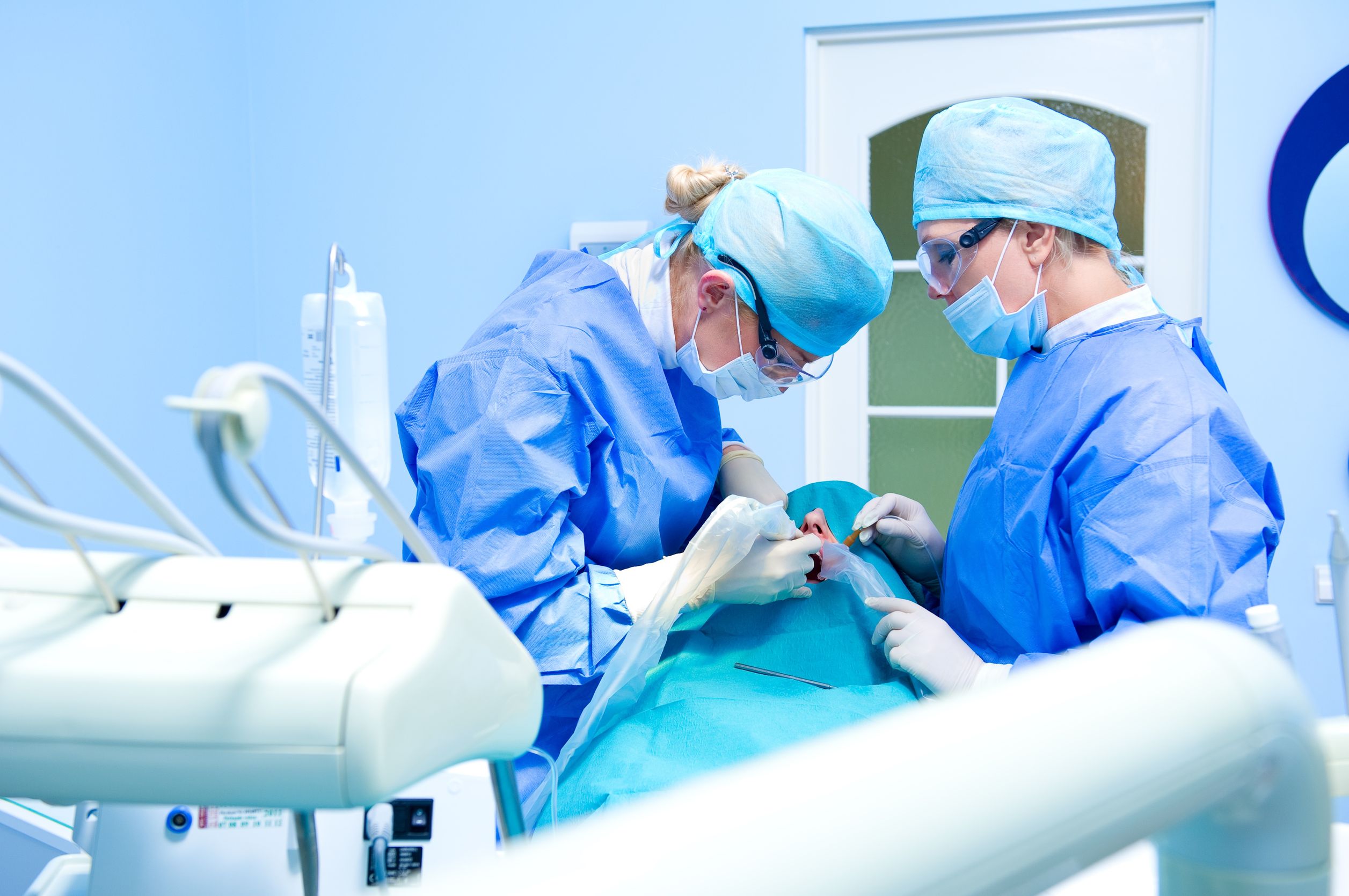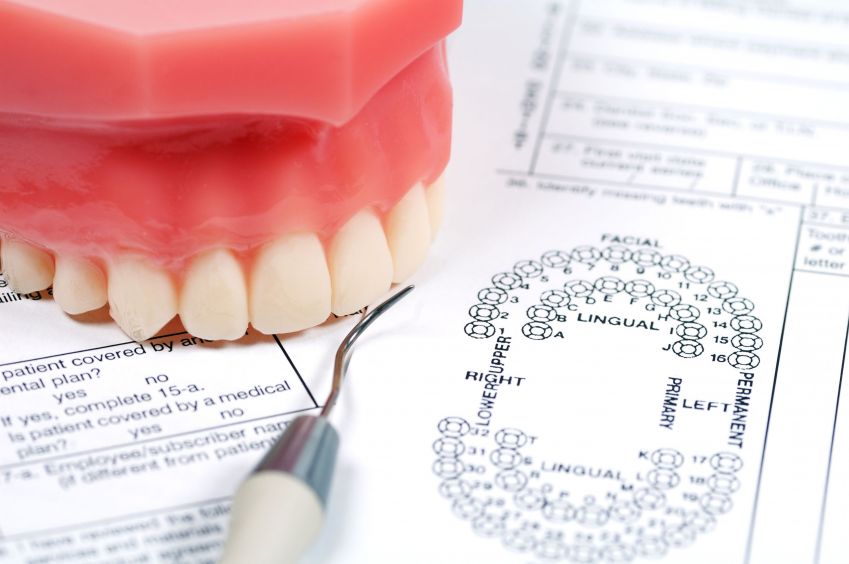In Connecticut, dental patients can address the effects of the temporomandibular joint disorder. TMJ is a disorder that causes clicking, popping, or locking of the jaw hinges. It affects the joints connecting the top and bottom jawbone. The effects of this disorder could prove painful for the patient. With TMJ therapy in Milford CT, local dental professionals identify the best treatment for this condition.
Botox to Treat TMJ Disorders
Botox isn’t just for aesthetic purposes only. The injections cause the paralysis of muscles. This is beneficial for patients suffering from the pain associated with TMJ. The dentist injects the product into the joints directly. This causes them to relax. This treats the discomfort of tightening around these joints that can lead to TMJ symptoms. Although Botox is temporary, it can provide lasting relief for the patient.
What is Arthrocentesis?
Arthrocentesis is a surgical procedure involving the installation of needles. The needles are inserted into the affected joint. These needles allow for extraction of fluid buildup inside the joint. It is effective in treating the pressure associated with fluid and debris buildup in the joint.
Craniofacial Surgery to Correct TMJ
Craniofacial surgery is used to correct TMJ. Most dental professionals choose this option as a last resort. It is beneficial for treating patients with the most severe forms of this disorder. It addresses structural issues that are affecting the joints. The oral surgeon performs the procedure to repair damage or replace the joint entirely. The procedure requires sedation of the patient and the recovery time could be extensive.
Therapy to Identify the Underlying Cause
TMJ therapy in Milford CT allows the dental professional to address underlying causes of this disorder. Through therapeutic practices, the dentist could determine if a non-physical cause has lead to the development of this condition.
In Connecticut, dental patients could achieve long-lasting pain relief from TMJ. This condition is known for producing pain and discomfort due to clicking and popping of the jaw hinges. It can also lead to locked jaws and severe pain for some patients. Local patients who wish to acquire an assessment of this condition should Contact Gregory J. Schmitt DMD to schedule an appointment today.







